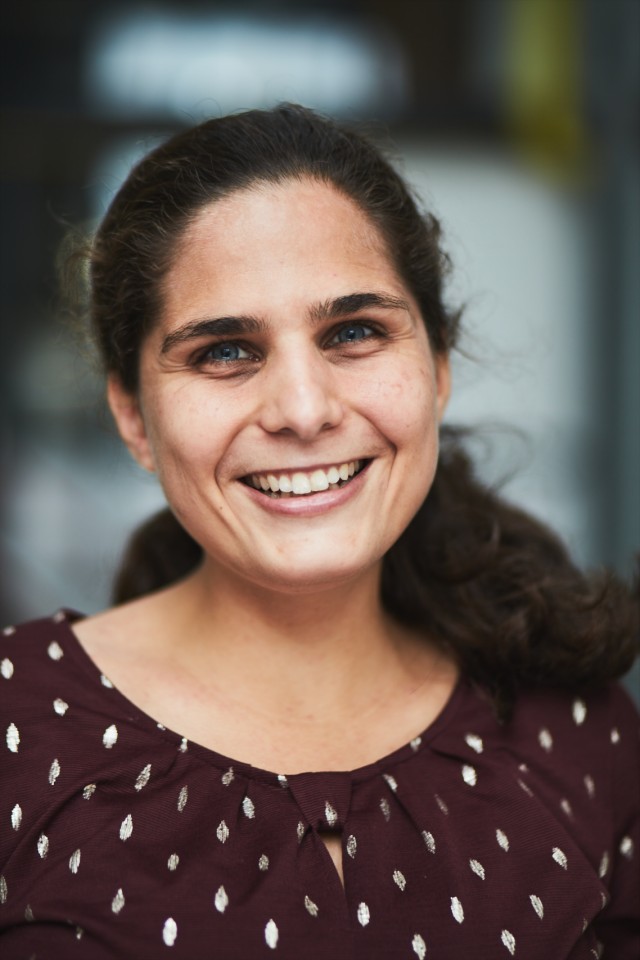1 October 2024
from 14:00
to 16:00
MCQST Colloquium | Audrey Bienfait (École Normale Supérieure de Lyon, France)
Address / Location
MPI of Quantum Optics | Herbert Walther Lecture Hall
Hans-Kopferman-Straße 1
85748
Garching
Show Map
Hide Map
The MCQST Colloquium Series features interdisciplinary talks given by visiting international speakers. The monthly colloquium covers topics spanning all
MCQST research units and will be broadcast live via Zoom for audiences worldwide. The main goal of the series is to create the framework for idea exchange, to strengthen links with QST leading groups worldwide, as well as to act as an integral part of the local educational environment.
MCQST Colloquium: Audrey Bienfait
We are excited to invite you to the colloquium talk by Audrey Bienfait (École Normale Supérieure de Lyon, France).
Agenda
14:00 | Teaser talk by Ana Strinic (WMI) on "Characterization of hyperfine transitions of rare earth spin ensembles via broadband ESR spectroscopy"
14:15 | Coffee break
14:30 | Colloquium talk by Audrey Bienfait on “Implementing a quantum memory with a frequency and bandwidth-tuneable superconducting resonator”
Implementing a quantum memory with a frequency and bandwidth-tuneable superconducting resonator
Among platforms for storing quantum states in the microwave domain, solid state spin ensembles addressed via superconducting circuits stand out for their multimodal storage capability and the second-long coherence time when operated at clock transitions [Wolfowicz, G. et al. Nature nanotechnology 8, 561–564 (2013)].
Successful implementation of a practical memory scheme requires several keys features, such as the ability to tune on-demand the frequency and the bandwidth of the superconducting circuit [Julsgaard, B. et al. Phys. Rev. Lett. 110, 250503 (2013)]. In this talk, I will present an architecture accomplishing both, and strong coupling to an ensemble of bismuth donors in silicon. I will also show how this circuit enables radiative relaxation of the spins and allows us to implement in-situ nuclear level cooling. We will finish by assessing the ability of the system to implement a quantum memory.
References:
[1] Wolfowicz, G. et al. Nature nanotechnology 8, 561–564 (2013).
[2] Julsgaard, B. et al. Phys. Rev. Lett. 110, 250503 (2013).
About Audrey Bienfait
